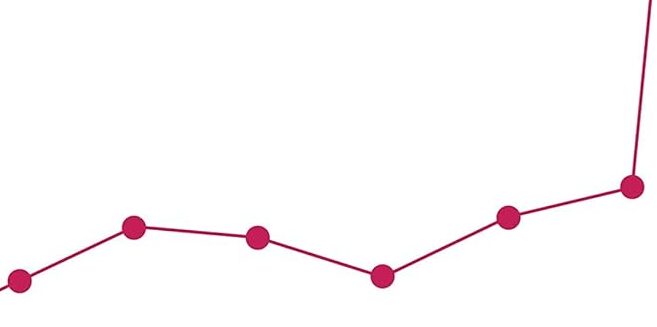Carl Bergstrom & Jevin West – Calling Bullshit (2020)
Een (spoed)cursus hoe aangeleverde ‘data’ en aangevoerde ‘argumentatie’ het beste op waarde te schatten. Het is de auteurs [1] [2] goed gelukt om weg te blijven bij statistiek. Daardoor is het boek zeer prettig leesbaar. Must read. De uiteindelijke conclusie (i.e., Brandolini’s principle) is perfect:
“The amount of energy needed to refute bullshit is an order of magnitude bigger than to produce it”

The internet news economy is driven by clicks, generating advertising revenue for the site’s owner. Websites aren’t necessarily designed to perpetuate a long-term relationship, they’re designed to make you click, now. Quality of information and accuracy are no longer as important as sparkle.
“Falsehood flies, and truth comes limping after it.”
- Jonathan Swift (1710)
What people really want to read about, especially where health news is concerned, is not just the fact of the matter – they want to know what they ought to be doing
“The point of modern propaganda isn’t only to misinform or push an agenda. It is to exhaust your critical thinking, to annihilate truth.”
- Garry Kasparov (2016)
Post hoc ergo propter hoc – Latin for ‘after this, therefore because of it’
In the sciences, the use of citation metrics to measure journal quality has led editors to game the system. Some pressure authors to include citations to papers in the same journals. Some publish an excess of articles in January, when they have the most time to be cited during the year. Others publish annual summary papers that cite many of the articles published within a year; yet others shift their focus to disciplines or types of articles that tend to attract more citations. All of these perverse behaviors undermine the mission of the journals and the effectiveness of citation measures as indicators of quality.
Never assume malice or mendacity when incompetence is a sufficient explanation, and never assume incompetence when a reasonable mistake can explain things
While scientists tend to be intensely curious people who love solving puzzles, they are in most respects just like everyone else, striving to earn money and win status among their peers. […] They seek both truth and recognition, in particular […] for being first to make a discovery.
When scientists started judging one another by the number of papers published, a market sprung up for journals willing to publish low-quality work. At the bottom of that particular barrel are journals produced by so-called predatory publishers. These parasites on the scientific publishing system provide little to nothing by way of rigorous peer review. They are sucking tens of millions of dollars from the academic system and polluting the literature with millions of unreliable articles.
The rise of misinformation and disinformation keeps us up at night. No law or fancy new AI is going to solve the problem. We all have to be a little more vigilant, a little more thoughtful, a little more careful when sharing information – and every once in a while, we need to call bullshit when we see it.
